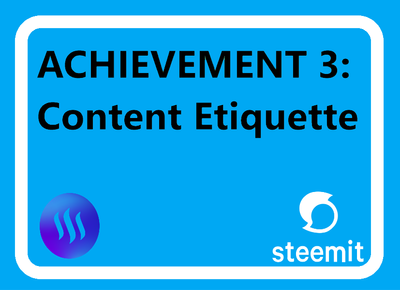What is plagiarism
Plagiarism is presenting someone else’s work or ideas as your own, with or without their consent, by incorporating it into your work without full acknowledgement. All published and unpublished material, whether in manuscript, printed or electronic form, is covered under this definition. Plagiarism may be intentional or reckless, or unintentional. Under the regulations for examinations, intentional or reckless plagiarism is a disciplinary offence.
source
Types of plagiarism
Direct plagiarism
Direct or literal copying takes place whilst an author copies any other textual content, word for phrase, without the use of quotation marks or annotation, thus transmitting it as his very own. That manner, it is like a complete cheat, but it refers to elements (in preference to all) of every other paper. This type of dishonest is considered dishonest and requires disciplinary movement in opposition to academics. it is no longer as not unusual as it was, but it is a serious breach of the code of behavior.
Self-plagiarism
Self-plagiarism, also known as copying or duplication, occurs when an author re-uses parts of his or her previously published work without giving it away. Therefore, this type of cheating may involve published researchers, not university students. The magnitude of this type of infringement is less controversial, depending on the copied content. Many academic journals, however, have strict conditions on the percentage of renewable author's work. Many journals process manuscripts using pre-capture software before processing them for review.
Mosaic plagiarism
Moses' cheating can be very difficult to find because it combines the words or text of someone else in his research. It is also known as patchwork plagiarism and is deliberate and unreliable.
Accidental plagiarism
Whether intentionally or unintentionally, there is no reason to cheat and the results are often the same. However, cheating can be accidental if it occurs as a result of negligence, mistake, or intentional spelling. Students may make the mistake of cheating by mistake, so universities should emphasize the importance of education in this form of plagiarism .
Why should you avoid plagiarism?
At its core, plagiarism is an moral problem. A author who submits plagiarized paintings is committing theft with the desire of benefiting from that robbery. that is proper whether or not you’re turning in a college paper to get an “A” or are a creator by way of change waiting for financial repayment.
Heading off plagiarism is paramount as a author because it compromises your integrity. aside from dropping the honor of your mentors and peers, it is able to fee you precious expert referrals and future profession advancement. if you’re still in faculty, plagiarism may additionally result in misplaced economic useful resource or leadership roles.
Additionally, it takes credit score or profit faraway from the authentic author of the paintings which may imply greater problem if the supply takes criminal action in opposition to you.

You can proceed with the achievements
Downvoting a post can decrease pending rewards and make it less visible. Common reasons:
Submit